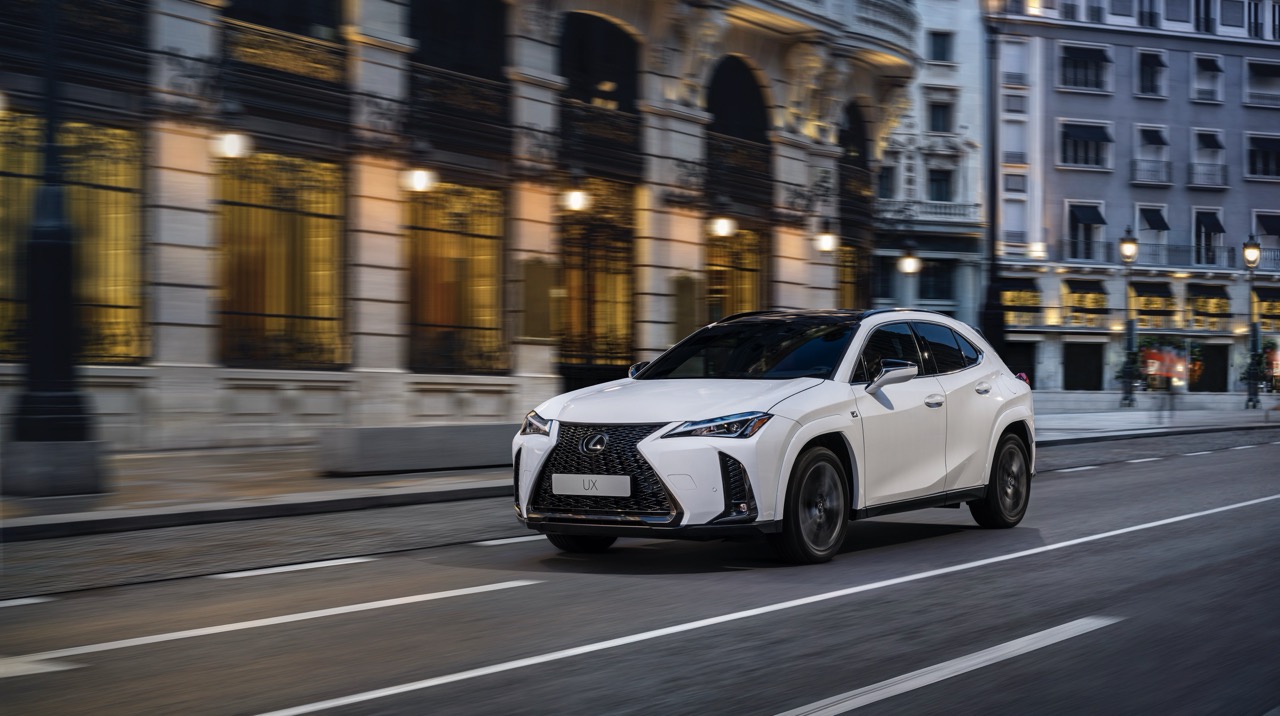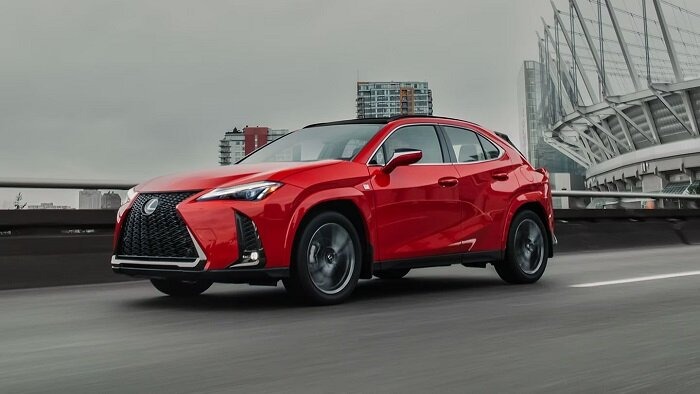

Trading Vehicle Benefits for Individuals:
1. Trade-In Credit Reduces Your Purchase Price: When you trade in your old car, its value is applied as a credit toward the purchase of your new vehicle. While this lowers the overall amount you need to finance or pay, sales tax in California is calculated on the full price of the new vehicle before applying the trade-in value.
2. Lower Out-of-Pocket Costs: Trading in your vehicle can help reduce your upfront costs or monthly payments. While California sales tax applies to the full price of the new vehicle before the trade-in is deducted, your trade-in value directly reduces the amount you need to pay or finance.

Trading Vehicle Benefits for Businesses:
1. Section 179 Deduction: Business owners purchasing vehicles for commercial use can often take advantage of Section 179 of the tax code. This allows you to deduct the full purchase price of qualifying vehicles, up to a certain limit, in the year they are placed in service. When you trade in an old vehicle as part of the purchase, the trade-in value reduces the cost of the new vehicle, increasing the deduction you can take.
2. Depreciation Deductions: Beyond the Section 179 deduction, businesses can also benefit from regular depreciation deductions for vehicles used for business purposes. Trading in your old vehicle can lower the cost basis of the new one, potentially increasing your depreciation deductions over time.
Vehicle Trade-In Tax Benefit FAQs in San Diego, California
What are the tax benefits of trading in a car?
Trading in your car can help lower your overall purchase cost or monthly payments, but California does not offer a sales tax reduction based on trade-in value. Instead, sales tax is applied to the full purchase price of the new vehicle before any trade-in credit is deducted. However, some states do provide tax savings by only taxing the difference between the new car price and the trade-in value—California is not one of those states.
How do you handle a trade-in vehicle for tax purposes?
For tax purposes, a trade-in is typically considered part of the purchase transaction rather than a separate taxable event. However, in California, sales tax is calculated on the full price of the new vehicle before the trade-in value is applied. If the vehicle is being used for business, there may be potential tax considerations, so it’s best to consult a tax professional.
How do you save on taxes when you trade-in?
Not in California. In some states, trading in a vehicle reduces the taxable amount of a new car purchase, but California does not offer this benefit. The sales tax is calculated on the full price of the new vehicle before the trade-in value is deducted. However, trading in your car can still reduce your out-of-pocket expenses or loan balance.
How do I report a trade on my taxes?
If you’re trading in a personal-use vehicle, there’s typically no tax reporting requirement for the trade-in itself. However, if the vehicle was used for business purposes, you may need to report the transaction on Form 1040, Schedule C, or Form 8949 depending on depreciation and potential capital gains. Consult a tax professional for guidance on how it affects your tax return.
How does a trade-in reduce sales tax?
It does not reduce sales tax in California. While some states allow you to deduct the trade-in value from the taxable amount, California calculates sales tax based on the full price of the new vehicle before applying any trade-in credit. Be sure to check your state's regulations, as tax laws vary.
What if my trade-in is worth more than the car I'm buying?
If the value of your trade-in exceeds the cost of the car you’re purchasing, the dealership will either apply the excess amount as a credit toward other fees or services or issue you a check for the difference. However, if you still have an outstanding loan on your trade-in, the dealership will first pay off the remaining balance before determining the final credit amount.
Can You Trade in a Car with Negative Equity?
Yes, you can trade in a car with negative equity. If you owe more on your car loan than what your vehicle is currently worth, we can help you navigate your options. At Lexus San Diego, we understand the challenges you may be facing, and we're committed to providing you with the expert advice and support you need to navigate this complex scenario confidently.
Interested In Learning More About The Vehicle Trade-In Process?
Discover all the ins and outs of the trade-in process at Lexus San Diego. Take the next step and click below to delve into our comprehensive, step-by-step guide. Uncover valuable insights and gain a deeper understanding of how to navigate the trade-in journey around San Diego seamlessly.


